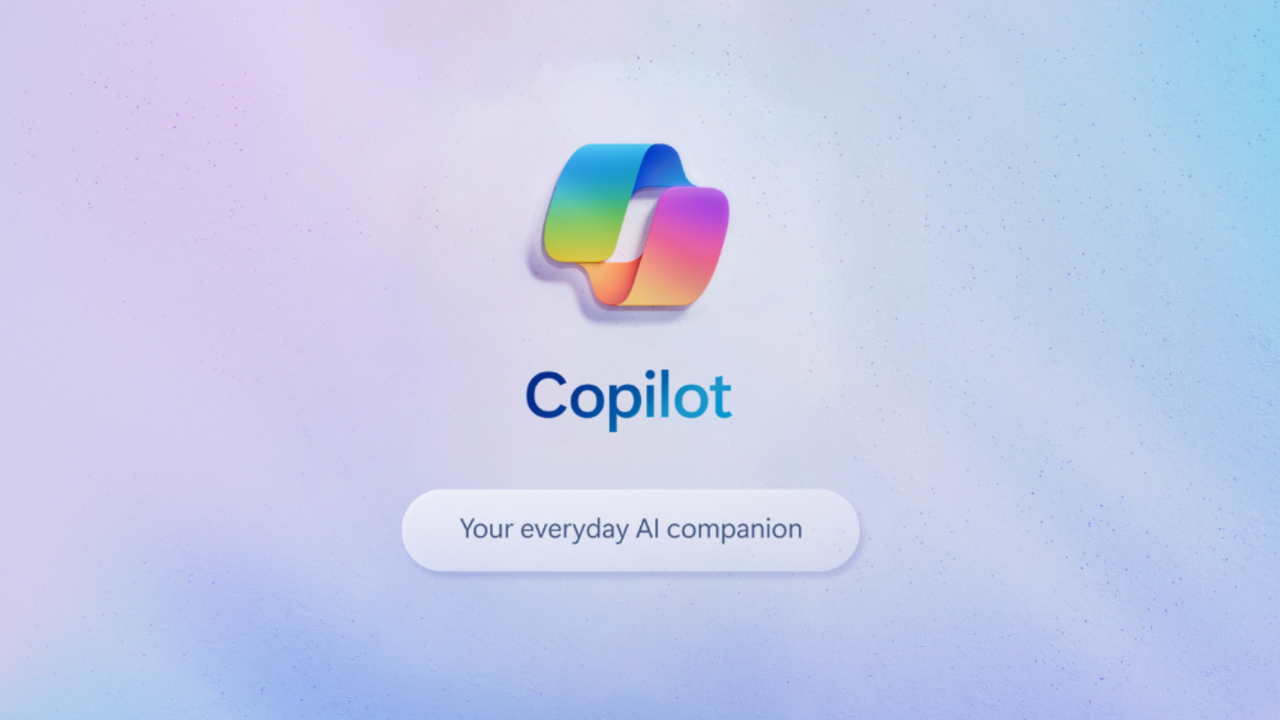Microsoft has quietly entered the mobile AI arena with the launch of its standalone Copilot app for Android. This move marks a significant step in the company’s bid to democratize access to large language models (LLMs) and compete with OpenAI’s popular ChatGPT.
Key Highlights:
- Microsoft Copilot app now available on Google Play Store.
- Offers ChatGPT-like features like chatbot conversations, email/document drafting, and image generation with DALL-E 3.
- Includes free access to OpenAI’s latest GPT-4 model, usually requiring paid subscription on ChatGPT.
- iOS version not yet available, but likely on the horizon.

Copilot, formerly known as Bing Chat, first emerged earlier this year integrated within the Bing search engine. In October, Microsoft rebranded it and launched a dedicated web portal, further distancing it from Bing’s search function. Now, the arrival of the Android app signals Microsoft’s commitment to expanding Copilot’s reach beyond desktops and into the pockets of millions of users.
Similar, Yet Distinct: Copilot vs. ChatGPT
On the surface, Copilot shares many similarities with its OpenAI counterpart. Both offer engaging chatbot conversations, can assist with drafting text for emails and documents, and even boast the ability to generate images using DALL-E 3, the powerful image generation tool also developed by OpenAI. However, some key differences set Copilot apart.
A crucial advantage of Copilot is its free access to OpenAI‘s latest GPT-4 model. While ChatGPT relies on the older GPT-3.5 version, which requires a paid subscription for advanced features, Copilot users can leverage the full potential of GPT-4’s capabilities without any additional cost. This could prove to be a major draw for users seeking cutting-edge AI experiences.
Microsoft’s Mobile Ambitions
The Android launch underscores Microsoft’s growing focus on mobile AI. With smartphone usage skyrocketing worldwide, bringing AI tools directly to people’s devices represents a vast untapped market. Copilot’s mobile app aims to cater to this burgeoning demand, offering users a readily accessible AI companion for creative work, communication, and entertainment.
Looking Ahead: What’s Next for Copilot?
While the Android app is a positive step, the absence of an iOS version remains a noticeable gap. With Apple holding a significant share of the mobile market, releasing a Copilot app for iPhones and iPads would be crucial for Microsoft to truly compete with ChatGPT’s broader reach.
Furthermore, as the competitive landscape of AI tools continues to evolve, Microsoft faces the challenge of constantly innovating and refining Copilot’s capabilities. Integrating additional features, fostering a vibrant developer community, and addressing ethical concerns surrounding AI bias will be crucial for Copilot’s long-term success.
The launch of the Copilot app for Android marks a significant milestone in Microsoft’s AI ambitions. Its ChatGPT-like features, free access to GPT-4, and mobile accessibility position it as a compelling contender in the growing market for AI assistants. However, continued innovation and expansion will be key for Copilot to truly take flight and secure a sustainable position in the ever-evolving world of AI.


















